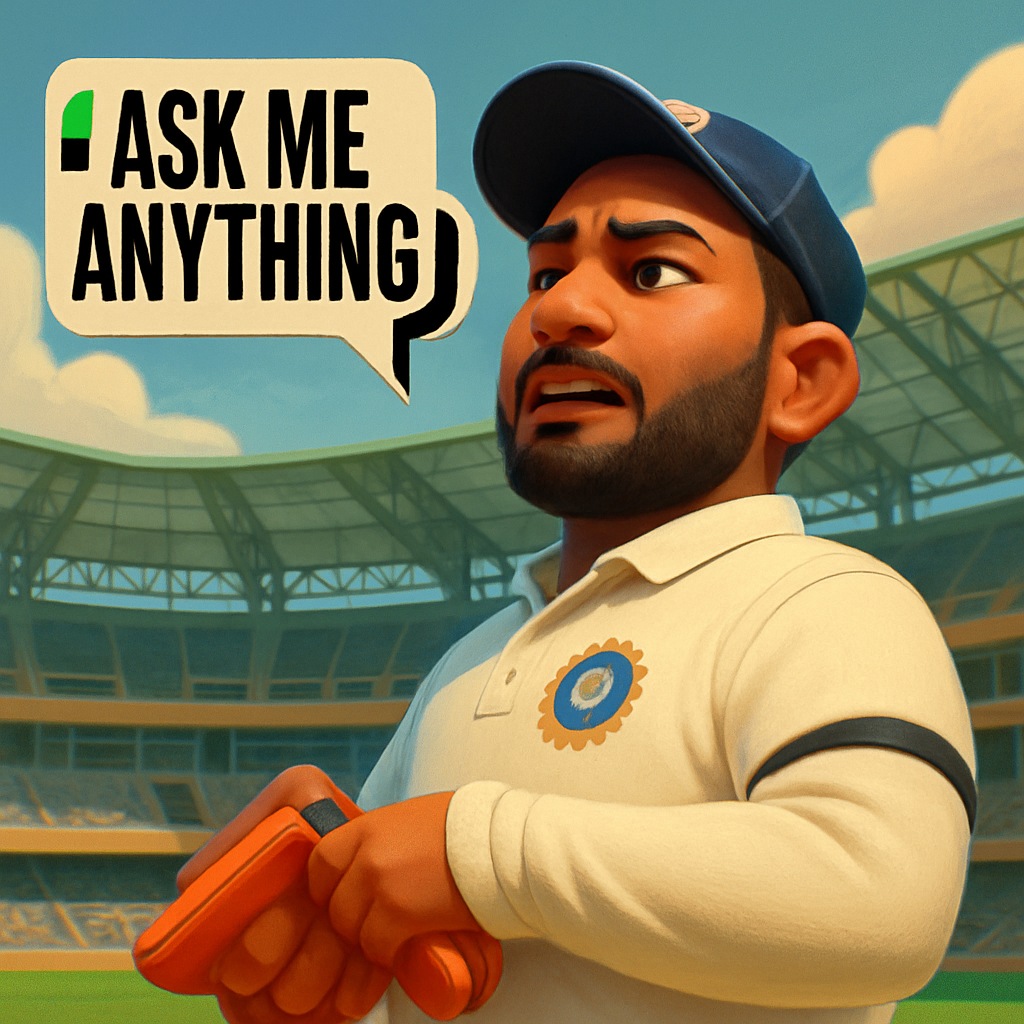CRICKET — In the high-stakes world of international cricket, maintaining discipline and fair play is paramount. One of the key tools used by the International Cricket Council (ICC) to enforce these standards is the demerit point system. But what exactly are demerit points, and how do they impact players and teams? BBC Sport's Ask Me Anything team breaks it down.
What Are Demerit Points?
Demerit points are penalties issued by match officials for breaches of the ICC Code of Conduct. Introduced in 2016, this system aims to standardize disciplinary measures across international cricket. Unlike immediate suspensions, demerit points accumulate over time, with repeat offenders facing escalating consequences. "The system is designed to deter poor behavior while allowing for minor infractions without immediate harsh penalties," explains an ICC spokesperson.
How Do Demerit Points Work?
Under the ICC Code of Conduct, offenses are categorized into four levels of severity, each carrying a set number of demerit points:
- Level 1: 1 demerit point (e.g., excessive appealing, minor dissent)
- Level 2: 2-3 demerit points (e.g., throwing equipment, deliberate time-wasting)
- Level 3: 4-5 demerit points (e.g., intimidating an umpire, serious dissent)
- Level 4: 6+ demerit points (e.g., physical assault, racial abuse)
Once a player accumulates four or more demerit points within a 24-month period, they face an automatic suspension. For example:
- 4-7 demerit points: 1-match ban
- 8+ demerit points: 2-match ban
"The system ensures consistency. A player knows that repeated misconduct will have consequences, whether it’s in a Test match or a T20," says former England captain Michael Vaughan.
Notable Cases
Several high-profile players have faced suspensions due to demerit points. In 2019, India’s Virat Kohli received a demerit point for excessive celebration after dismissing an opponent. Australia’s David Warner, meanwhile, was banned for a Test match in 2021 after accumulating four points for multiple offenses, including verbal altercations.
Controversies
The system isn’t without criticism. Some argue it’s too lenient, while others claim it’s inconsistently applied. Former Pakistan fast bowler Shoaib Akhtar once remarked, "The same offense might get a point in one match and nothing in another. There needs to be clearer guidelines."
Impact on Teams
Demerit points don’t just affect individuals—they can disrupt team dynamics. A key player’s suspension before a crucial match can be devastating. For instance, South Africa’s Kagiso Rabada missed a Test against England in 2020 due to accumulated points, leaving his team without their premier fast bowler.
How Long Do Points Last?
Demerit points remain on a player’s record for 24 months from the date of issuance. However, if a player reaches the threshold for a suspension, the points are not reset afterward. Instead, they continue to accumulate until they expire naturally.
Conclusion
The demerit point system is a critical component of cricket’s disciplinary framework. While it has its detractors, it provides a structured way to penalize misconduct without resorting to immediate bans for minor infractions. As the game evolves, so too might the system, but for now, it remains a key tool in upholding the spirit of cricket. "Fair play is non-negotiable," says ICC CEO Geoff Allardice. "This system helps ensure that."

